Home>diy>Building & Construction>How To Rent Construction Equipment
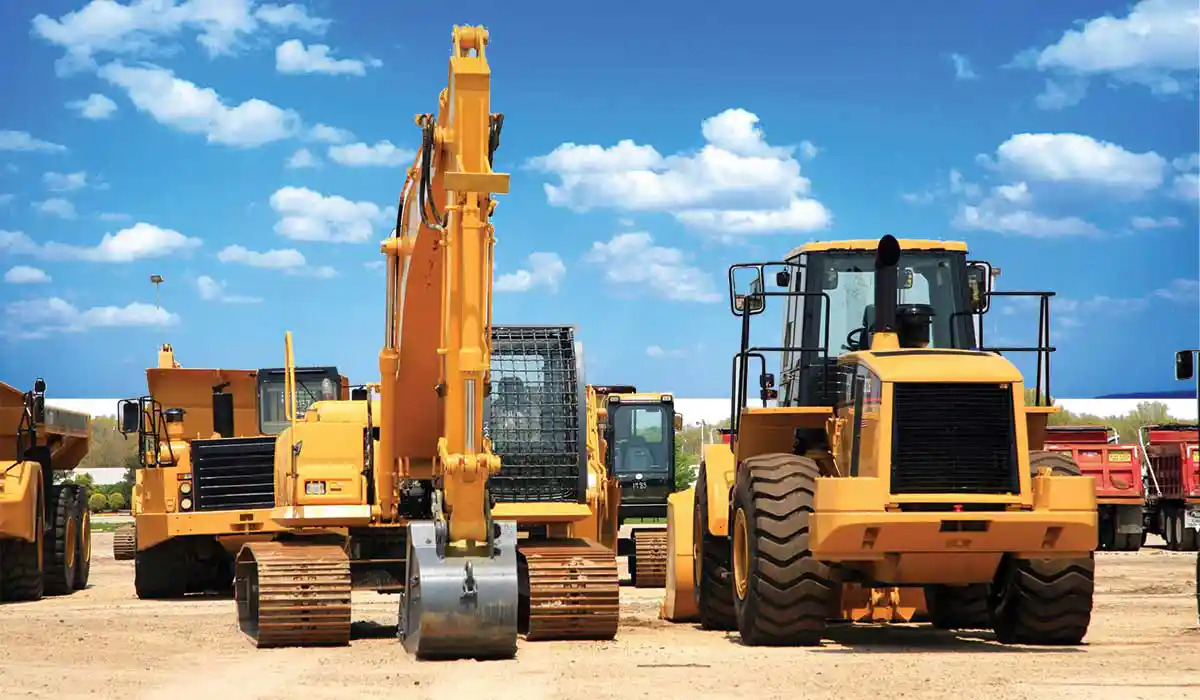

Building & Construction
How To Rent Construction Equipment
Modified: January 6, 2024
Learn how to efficiently rent construction equipment for your building construction projects. Find tips, guidelines, and cost-saving strategies to maximize your resources.
(Many of the links in this article redirect to a specific reviewed product. Your purchase of these products through affiliate links helps to generate commission for Storables.com, at no extra cost. Learn more)
Introduction
Welcome to the world of construction, where great structures are built and dreams come to life. Whether you are a professional contractor or a DIY enthusiast, having access to the right construction equipment is vital for completing projects efficiently and effectively. However, purchasing equipment outright can be costly, especially for occasional or short-term projects. That’s where renting construction equipment comes in.
Renting construction equipment offers a flexible and cost-effective solution for obtaining the necessary tools to get the job done. From excavators and bulldozers to concrete mixers and scaffolding, there is a wide range of equipment available for rent from various rental companies. In this article, we will explore the benefits of renting construction equipment, the different types of equipment available, factors to consider when renting, how to find rental companies, questions to ask, rental agreements and insurance, tips for renting, and the cost comparison between renting and buying.
Why Rent Construction Equipment?
There are several compelling reasons why renting construction equipment is a smart choice:
- Cost Savings: Renting equipment eliminates the need for a large upfront investment, allowing you to allocate resources more efficiently.
- No Maintenance or Storage: By renting, you avoid the costs and responsibilities associated with equipment maintenance and storage.
- Access to Latest Technology: Rental companies often offer the latest equipment models, ensuring you have access to cutting-edge technology without the need to purchase it.
- Flexibility: Renting provides the flexibility to choose the right equipment for each project, adjusting based on the scope and duration of the job.
- Reduced downtime: In case of equipment breakdown or malfunction, rental companies usually provide timely replacements or repairs, minimizing project delays.
Now that you understand the benefits of renting construction equipment, let’s explore the different types of equipment available for rent.
Key Takeaways:
- Renting construction equipment offers cost savings, flexibility, and access to the latest technology, making it a practical and efficient solution for completing construction projects without the burden of a large upfront investment.
- Careful consideration of project requirements, equipment condition, rental agreements, and insurance coverage is essential when renting construction equipment to ensure a smooth and successful rental experience.
Read more: How Much To Rent A Construction Dumpster
Why Rent Construction Equipment
When it comes to construction projects, having access to the right equipment is crucial. However, purchasing construction equipment can be a significant investment, especially if you only need it for a limited period of time. That’s where renting construction equipment becomes a practical and cost-effective solution. Let’s delve into the reasons why renting construction equipment makes sense.
Cost Savings: One of the primary advantages of renting construction equipment is the cost savings it offers. Buying construction equipment outright can be expensive, not to mention the additional costs of maintenance, storage, and insurance. By renting, you only pay for the equipment for the duration of your project, reducing the financial burden.
Flexibility: Renting construction equipment provides you with the flexibility to choose the right equipment for each specific project. Construction needs can vary greatly from one job to another, and renting allows you to select the appropriate equipment based on the project requirements. This flexibility ensures that you have the right tools to get the job done efficiently.
Access to Latest Technology: Rental companies often update their inventory to include the latest and most advanced equipment models. By renting, you can benefit from using cutting-edge technology that may not be financially feasible to purchase. This access to modern equipment allows you to enhance the quality and efficiency of your work, resulting in better project outcomes.
No Maintenance or Storage Worries: Owning construction equipment comes with the responsibility of regular maintenance and proper storage. This can be time-consuming and costly, particularly if you do not have the resources or expertise to perform maintenance tasks. With rental equipment, you eliminate the need to worry about maintenance and storage. The rental company takes care of these aspects, allowing you to focus on your project.
Reduced Downtime: Equipment breakdowns or malfunctions can lead to project delays and increased costs. When you rent equipment, rental companies typically provide maintenance and repair support. In case of an issue, they usually have backup equipment readily available or can quickly resolve the problem, minimizing downtime and keeping your project on track.
Try Before You Buy: Renting construction equipment gives you the opportunity to try out different brands and models before making a significant investment in purchasing. This firsthand experience allows you to assess the performance and suitability of different equipment, enabling you to make informed decisions when it comes to buying equipment in the future.
Now that you understand the benefits of renting construction equipment, let’s explore the various types of construction equipment available for rent.
Types of Construction Equipment Available for Rent
When it comes to renting construction equipment, there is a wide range of options available to suit various construction needs. Here are some of the most common types of construction equipment that you can easily find for rent:
- Excavators: Excavators are powerful machines used for digging, trenching, and demolition. With different attachments, such as buckets and hammers, they can be versatile tools for a wide range of construction tasks.
- Bulldozers: Bulldozers are heavy-duty machines equipped with a large metal blade on the front. They are used for pushing or leveling materials, clearing vegetation, and preparing construction sites.
- Backhoes: Backhoes are commonly used for digging, trenching, and lifting heavy materials. They have a digging bucket on the back of the machine and a loader bucket in the front, making them versatile for both digging and loading tasks.
- Skid Steer Loaders: Skid steer loaders are compact machines with a small turning radius, making them ideal for tight spaces. They are used for transporting materials, digging, and various construction tasks with the help of attachments.
- Concrete Mixers: Concrete mixers are essential for mixing concrete on-site. They come in various sizes, from portable models suitable for small projects to large transit mixers for commercial construction.
- Scaffolding: Scaffolding provides a temporary structure to reach heights during construction or maintenance tasks. It is commonly used for painting, repairs, and working at elevated levels safely.
- Crane: Cranes are used for lifting heavy loads and materials to great heights. They are essential for large construction projects, such as building construction or bridge installation.
- Forklifts: Forklifts are versatile machines used for lifting and transporting heavy materials. They are commonly used in warehouses, construction sites, and industrial settings.
- Compactors: Compactors are used to compress materials such as soil, gravel, or asphalt. They are essential for achieving proper compaction and ensuring stability in road construction and other compaction-intensive projects.
- Generators: Generators provide temporary power supply on construction sites where electricity may be limited or unavailable. They are vital for operating power tools, lighting, and other equipment.
These are just a few examples of the construction equipment that can be rented for your projects. Rental companies typically have a wide variety of equipment available, including specialized machines for specific construction applications. Before renting, it is essential to assess your project requirements and consult with the rental company to ensure that you have the right equipment for the job.
Now that we have explored the types of construction equipment available for rent, let’s move on to the factors you should consider when renting construction equipment.
Factors to Consider When Renting Construction Equipment
Renting construction equipment can greatly benefit your construction projects, but it’s important to consider a few key factors before making your rental decision. Taking these factors into account will ensure that you select the right equipment and rental company for your specific needs. Here are some important factors to consider:
- Project Requirements: Evaluate the specific requirements of your project. Consider factors such as the size of the project, the type of work involved, and the duration of the project. This will help you determine the type and quantity of equipment you will need to rent.
- Equipment Condition: When renting construction equipment, it’s essential to assess the condition of the equipment. Make sure that the equipment is well-maintained, properly functioning, and meets safety standards. This will ensure the efficiency and safety of your project.
- Rental Cost: Compare rental rates from different rental companies to ensure that you get a fair and competitive price. Consider any additional charges for delivery, pickup, and fuel. Be cautious of rental prices that seem too good to be true, as they may indicate subpar equipment or lack of maintenance.
- Equipment Availability: Confirm the availability of the equipment you need before making any commitments. Popular equipment may have high demand, so it’s wise to plan your rental in advance to secure the necessary equipment for your project.
- Rental Period: Determine the duration of your rental period. Some rental companies have hourly, daily, weekly, or monthly rates. Ensure that the rental period aligns with your project timeline, and consider any potential extensions or delays that may arise.
- Delivery and Pickup: Inquire about the rental company’s delivery and pickup services. Determine if they provide transportation for the equipment to and from the construction site. This will save you time and effort in arranging the logistics of transportation.
- Equipment Insurance: Discuss insurance options with the rental company. Ensure that the equipment is covered by insurance, protecting you against any damage, theft, or accidents that may occur during the rental period. If necessary, consider obtaining additional insurance coverage for added peace of mind.
- Operator Knowledge and Training: If you or your team are not familiar with operating certain equipment, consider whether the rental company offers operator training or can provide experienced operators to assist you. Proper training and experience are crucial for the safe and efficient operation of construction equipment.
- Rental Policies: Familiarize yourself with the rental company’s policies, including terms and conditions, payment terms, and any penalties for late returns or equipment damage. Understanding these policies will ensure a smooth rental experience.
By carefully considering these factors, you can make an informed decision when renting construction equipment. Don’t hesitate to ask rental companies any questions you may have. Now, let’s move on to our next topic: how to find rental companies to fulfill your construction equipment needs.
How to Find Rental Companies
When it comes to renting construction equipment, finding reliable rental companies is essential. Here are several effective ways to find rental companies that can fulfill your construction equipment needs:
- Online Searches: Conduct a simple online search using keywords related to construction equipment rental, along with your location. This will generate a list of rental companies in your area. Explore their websites to learn more about their offerings, services, and customer reviews.
- Industry Associations: Check with local or national construction industry associations that provide listings of authorized rental companies. These associations often maintain directories of reputable rental companies known for their expertise and quality equipment.
- Ask for Recommendations: Seek recommendations from fellow contractors, colleagues, or friends who have recently rented construction equipment. Their first-hand experiences and insights can help you find reliable rental companies that have a proven track record.
- Local Yellow Pages or Business Directories: Consult your local yellow pages or business directories for a list of rental companies in your area. Look for those that specialize in construction equipment rental and have a good reputation.
- Equipment Manufacturers and Dealers: Reach out to equipment manufacturers or dealers in your area and inquire if they offer rental services or can recommend trusted rental companies. They are well-connected in the industry and can provide valuable insights.
- Online Marketplaces: Explore online marketplaces that connect renters with equipment owners. These platforms often have a wide selection of construction equipment available for rent from verified users.
Once you have identified potential rental companies, it’s important to ask the right questions to ensure they meet your requirements. Let’s delve into the questions you should ask rental companies before making your final decision.
When renting construction equipment, always make sure to thoroughly inspect the equipment for any damages or malfunctions before signing the rental agreement. This will help avoid any disputes or additional charges when returning the equipment.
Read more: How To Rent A Ladder
Questions to Ask Rental Companies
When renting construction equipment, it’s crucial to gather all the necessary information from rental companies to make an informed decision. Here are some important questions to ask rental companies before finalizing your rental agreement:
- What types of construction equipment do you have available for rent? Inquire about the specific types of equipment that the rental company offers. Ensure that they have the equipment you need for your project.
- Is the equipment well-maintained and regularly serviced? Ask about the maintenance and servicing routines for the equipment. Well-maintained equipment is crucial for smooth operation and safety on your construction site.
- What are the rental rates and payment terms? Discuss the rental rates and payment terms, including any additional charges, such as delivery fees or fuel costs. It’s important to have a clear understanding of the cost structure.
- What is the duration of the rental period? Determine the rental period options available, whether it’s hourly, daily, weekly, or monthly rental. Choose a rental period that aligns with your project timeline.
- Do you provide delivery and pickup services? Inquire if the rental company offers delivery and pickup services for the equipment. Find out if there are any additional charges for these services and confirm the logistics details.
- What are the insurance options for the rented equipment? Discuss insurance coverage for the equipment during the rental period. Ask about the terms and conditions, coverage limits, and any requirements you need to fulfill.
- Do you provide operator training or can you recommend experienced operators? If you or your team are unfamiliar with operating specific equipment, inquire about operator training options. Alternatively, ask if the rental company can provide experienced operators to assist you.
- What are the rental policies and any potential penalties? Familiarize yourself with the rental company’s policies, including terms and conditions, late return penalties, and penalties for equipment damage. Understanding these policies ensures a smooth rental experience.
- Can you provide references or customer testimonials? Ask for references or customer testimonials to gauge the rental company’s reputation. Speaking with past customers can provide valuable insights into their level of service and equipment reliability.
- What is the process for reporting equipment issues or emergencies? Inquire about the process for reporting equipment issues or emergencies, and how quickly they are addressed. Having a clear understanding of this process helps minimize project downtime.
By asking these questions, you can gather the necessary information to make an informed decision. Once you are satisfied with the answers, it’s important to review the rental agreement and ensure that it covers all the essential details and protects your interests. Now, let’s move on to discussing rental agreements and insurance.
Rental Agreements and Insurance
When renting construction equipment, it is important to have a rental agreement in place to protect both parties involved. A rental agreement is a legally binding contract that outlines the terms and conditions of the equipment rental. Here are some key points to consider in rental agreements:
- Equipment Details: The rental agreement should clearly state the details of the equipment being rented, including its make, model, serial number, and any specific attachments or accessories included.
- Rental Period: Specify the duration of the rental period, including the start and end dates. Be clear on whether the rental period is based on hours, days, weeks, or months.
- Rental Rates: Clearly state the rental rates and payment terms, including any additional charges such as delivery fees or fuel costs. Make sure both parties are in agreement on the cost structure.
- Responsibility for Maintenance: Clarify who is responsible for the maintenance and upkeep of the rented equipment. Typically, rental companies handle the regular maintenance, but the agreement should define the renter’s responsibilities for routine tasks like daily checks and cleaning.
- Liability and Insurance: Define the liability and insurance requirements. The rental agreement should state which party is responsible for insurance coverage, liability for any damages, and how claims will be handled.
- Equipment Return Conditions: Clearly outline the conditions for returning the rented equipment, including any expectations for cleaning, fuel levels, and proper functioning. Understanding the return conditions will help avoid any disputes at the end of the rental period.
- Termination Clause: Include a termination clause that outlines the conditions under which either party can terminate the rental agreement. Specify the notice period and any penalties for early termination.
- Dispute Resolution: Define the mechanism for resolving any disputes that may arise during the rental period. This can include mediation, arbitration, or the involvement of a neutral third party.
- Indemnification: Include a clause that states that the renter will indemnify and hold the rental company harmless from any claims, damages, or liabilities arising from the use of the rented equipment.
- Signatures: Ensure that both parties sign and date the rental agreement to signify their acceptance and commitment to the terms and conditions.
Insurance coverage is an essential aspect of renting construction equipment. While rental companies typically have insurance coverage for their equipment, it is crucial to understand the specific details and whether additional coverage is necessary. Here are some insurance considerations:
- Rental Company Coverage: Inquire about the rental company’s insurance coverage for the equipment and verify whether it is sufficient to protect against potential risks.
- Additional Insurance: Consider obtaining additional insurance coverage to protect against any potential gaps in the rental company’s insurance. Consult with your insurance provider to determine the best options for your specific needs.
- Certificate of Insurance: If required by the rental company, provide a certificate of insurance that proves you have adequate coverage for the rented equipment.
- Deductibles and Limitations: Understand any deductibles or limitations associated with the insurance coverage. Be aware of your financial obligations in the event of a claim.
- Reporting Requirements: Familiarize yourself with any reporting requirements in case of equipment damage, theft, or accidents. Follow the rental company’s procedures promptly to ensure proper handling of the situation.
Reviewing and understanding rental agreements and insurance coverage are crucial steps to protect both parties involved and ensure a smooth rental experience. Now, let’s move on to some valuable tips for renting construction equipment.
Tips for Renting Construction Equipment
Renting construction equipment can be a valuable solution for your construction projects. To make the most out of your rental experience, here are some useful tips to keep in mind:
- Plan Ahead: Start your equipment rental process early to ensure availability. Identify your equipment needs, evaluate project timelines, and contact rental companies well in advance to secure the equipment you require.
- Assess Equipment Condition: Before renting, inspect the equipment thoroughly to ensure it is in proper working condition. Look for any signs of damage or malfunction, and ask the rental company for maintenance records to verify upkeep.
- Understand Equipment Specifications: Familiarize yourself with the equipment specifications, including weight capacity, power requirements, and any specific operating instructions. This knowledge will help you operate the equipment safely and efficiently.
- Communicate Your Project Needs: Clearly communicate your project requirements to the rental company. Provide details about the scope of work, the type of materials you will be working with, and any specific site conditions. This information will help them recommend the right equipment for your project.
- Get Proper Training: If you or your team are not experienced with operating specific equipment, seek proper training from the rental company. Understanding how to use the equipment correctly will enhance safety and productivity on your construction site.
- Follow Safety Guidelines: Always prioritize safety when operating construction equipment. Adhere to all safety guidelines and use appropriate personal protective equipment (PPE) as recommended by the rental company and industry standards.
- Maintain Cleanliness: Keep the rented equipment clean and free from debris to prevent malfunctions and equipment damage. Regularly remove dirt, mud, and other materials that may accumulate during use.
- Monitor Fuel Levels: Track the fuel levels of the equipment and refill as needed. Most rental agreements require returning the equipment with a full tank, so it’s important to manage fuel consumption accordingly.
- Report Issues Promptly: If you encounter any issues with the rented equipment, promptly report them to the rental company. This allows them to address the problem and provide a timely solution to minimize project downtime.
- Return Equipment On Time: Ensure that you return the rented equipment on or before the agreed-upon date and time. Late returns may result in additional charges and inconvenience other renters who are waiting for the equipment.
- Provide Feedback: After the rental period, provide feedback to the rental company about your experience. This feedback can help improve their services and assist future renters in making informed decisions.
By following these tips, you can optimize your rental experience and ensure successful completion of your construction projects. However, it’s important to remember that every rental situation is unique, so adapt these tips to meet your specific project requirements. Now, let’s consider the cost comparison between renting and buying construction equipment.
Cost of Renting vs. Buying Construction Equipment
When it comes to acquiring construction equipment, one of the most important factors to consider is the cost. Renting construction equipment offers a cost-effective alternative to purchasing, but it’s essential to evaluate the financial implications of renting versus buying. Here is a comparison of the costs associated with renting and buying construction equipment:
Cost of Renting Construction Equipment:
Renting construction equipment involves paying a rental fee for the duration of your project. The rental rates can vary based on factors such as the type of equipment, rental period, and local market conditions. While rental costs can add up over time, they offer several advantages:
- Lower upfront costs: Renting equipment eliminates the need for a significant upfront investment, conserving your capital for other business or project needs.
- No maintenance costs: Rental companies typically handle equipment maintenance, reducing your expenses and freeing up your resources.
- Flexibility: Renting allows you to choose the equipment based on the specific needs of each project, adjusting as necessary. This flexibility is particularly beneficial for contractors with varying project requirements.
- No storage costs: When you rent equipment, you don’t have to worry about storage space or associated costs. Once you’re done with the rental, you can simply return the equipment to the rental company.
- Access to advanced equipment: Rental companies frequently update their inventory, offering access to the latest equipment and technologies without the expense of purchasing.
Cost of Buying Construction Equipment:
Buying construction equipment involves a significant upfront investment, but it also offers long-term benefits:
- Ownership: When you buy equipment, you have complete ownership and control over its use. This can be advantageous for businesses with frequent and predictable equipment needs.
- Long-term cost savings: While buying equipment may have higher upfront costs, it can lead to financial savings in the long run if you use the equipment frequently or over an extended period. However, this depends on the specific circumstances and utilization of the equipment.
- Depreciation and resale value: Construction equipment depreciates over time, affecting its resale value. Reselling equipment can help recover a portion of the initial investment, but the resale value depends on factors such as market demand and equipment condition.
- Customization and flexibility: By owning equipment, you have the flexibility to customize it to suit your specific needs and preferences. You can make modifications or additions to enhance productivity and efficiency.
- Availability: Owning equipment ensures its availability whenever you need it, without relying on the availability or rental schedules of third-party rental companies.
Before deciding between renting and buying, carefully analyze your specific project requirements, budget, and long-term equipment needs. Consider factors such as project duration, frequency of use, maintenance costs, storage options, and financial resources. It may also be beneficial to consult with financial advisors or industry experts who can provide insights based on your unique situation.
In some cases, a combination of renting and buying may be the most cost-effective approach. Renting can be ideal for short-term or specialized projects, while purchasing may be suitable for frequent and ongoing equipment needs.
Ultimately, the decision between renting and buying construction equipment depends on your specific circumstances and financial considerations. By assessing your project requirements and conducting a cost analysis, you can make an informed decision that aligns with your goals and budget.
Now that you have a better understanding of the cost comparison, it’s time to conclude our exploration of renting construction equipment.
Read more: How To Rent A Storage Unit
Conclusion
Renting construction equipment is an excellent solution for contractors and DIY enthusiasts alike. It offers several advantages, including cost savings, flexibility, access to the latest technology, and reduced maintenance responsibilities. By renting, you can tackle construction projects efficiently and effectively without the burden of a large upfront investment.
When considering renting construction equipment, it’s important to assess your project requirements, understand the available equipment types, and carefully evaluate rental companies. Plan ahead and secure the necessary equipment well in advance to ensure availability.
Ask rental companies the right questions about equipment condition, rental rates, delivery services, insurance coverage, and their rental policies. Understanding these details will help you make an informed decision and ensure a smooth rental experience.
Ensure that you have a rental agreement in place that outlines the terms and conditions of the equipment rental, including equipment details, rental period, rates, maintenance responsibilities, and liability. Additionally, consider insurance coverage and review any supplementary coverage needed to protect against potential risks.
Follow practical tips such as proper planning, equipment inspection, safety measures, and prompt reporting of any issues. These tips will help you optimize your rental experience and complete your construction projects successfully.
Finally, compare the costs of renting versus buying construction equipment based on factors like upfront investment, maintenance costs, flexibility, and long-term utilization. Assess your project needs, budget, and long-term equipment requirements to make the best decision for your specific circumstances.
Whether you choose to rent or buy construction equipment, ensure that it aligns with your project goals, budget, and timeframe. By considering these factors and making informed choices, you can maximize the efficiency and success of your construction projects.
Now that you have a comprehensive understanding of renting construction equipment, go forth and embark on your construction endeavors with confidence!
Frequently Asked Questions about How To Rent Construction Equipment
Was this page helpful?
At Storables.com, we guarantee accurate and reliable information. Our content, validated by Expert Board Contributors, is crafted following stringent Editorial Policies. We're committed to providing you with well-researched, expert-backed insights for all your informational needs.
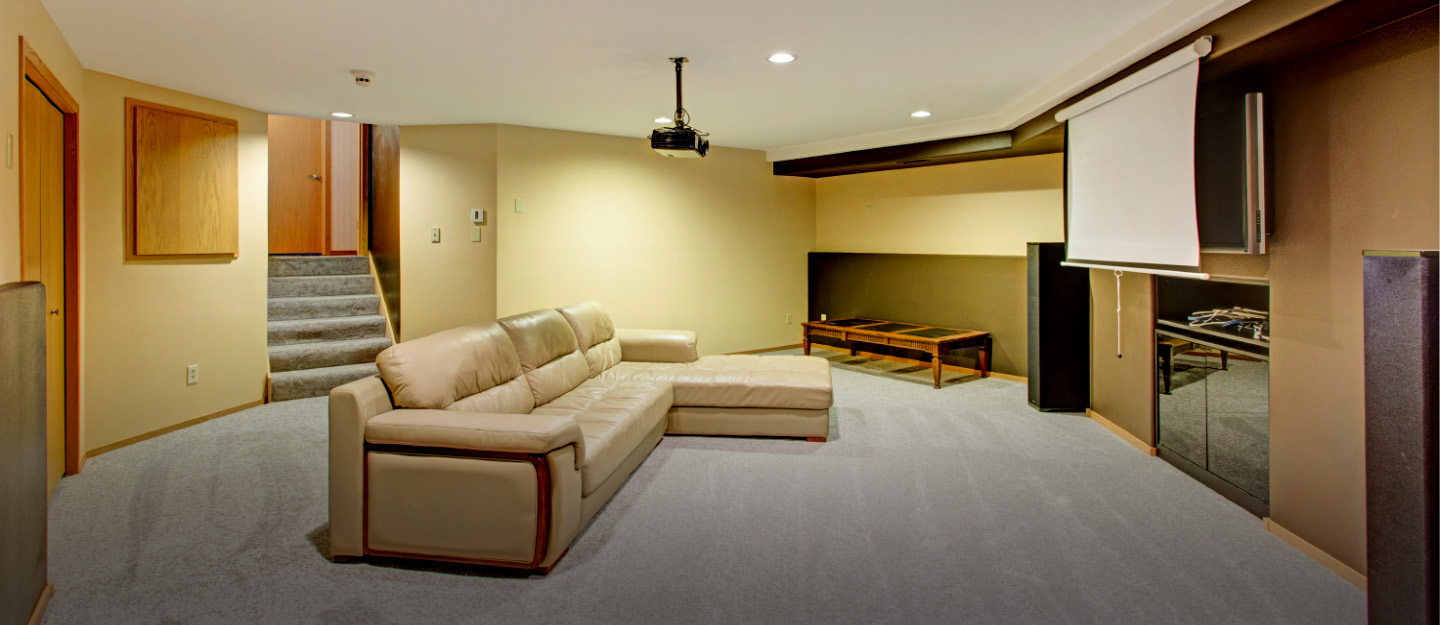
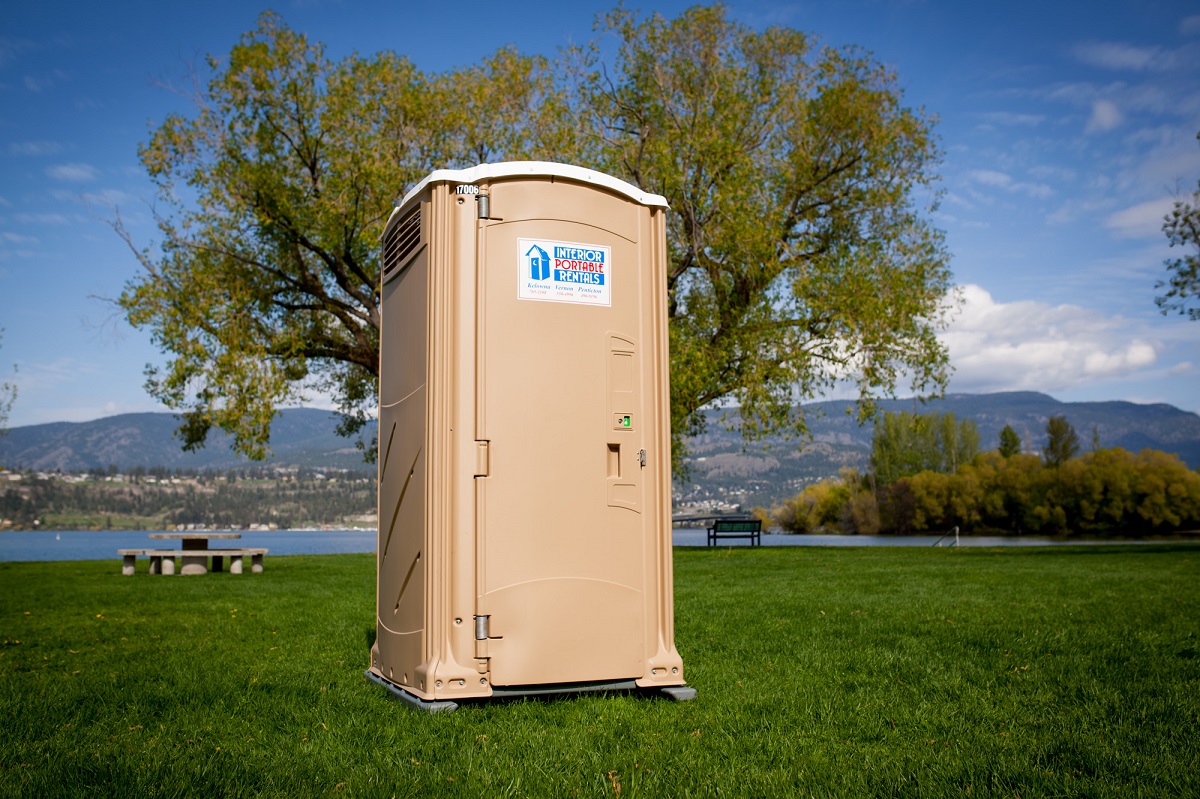
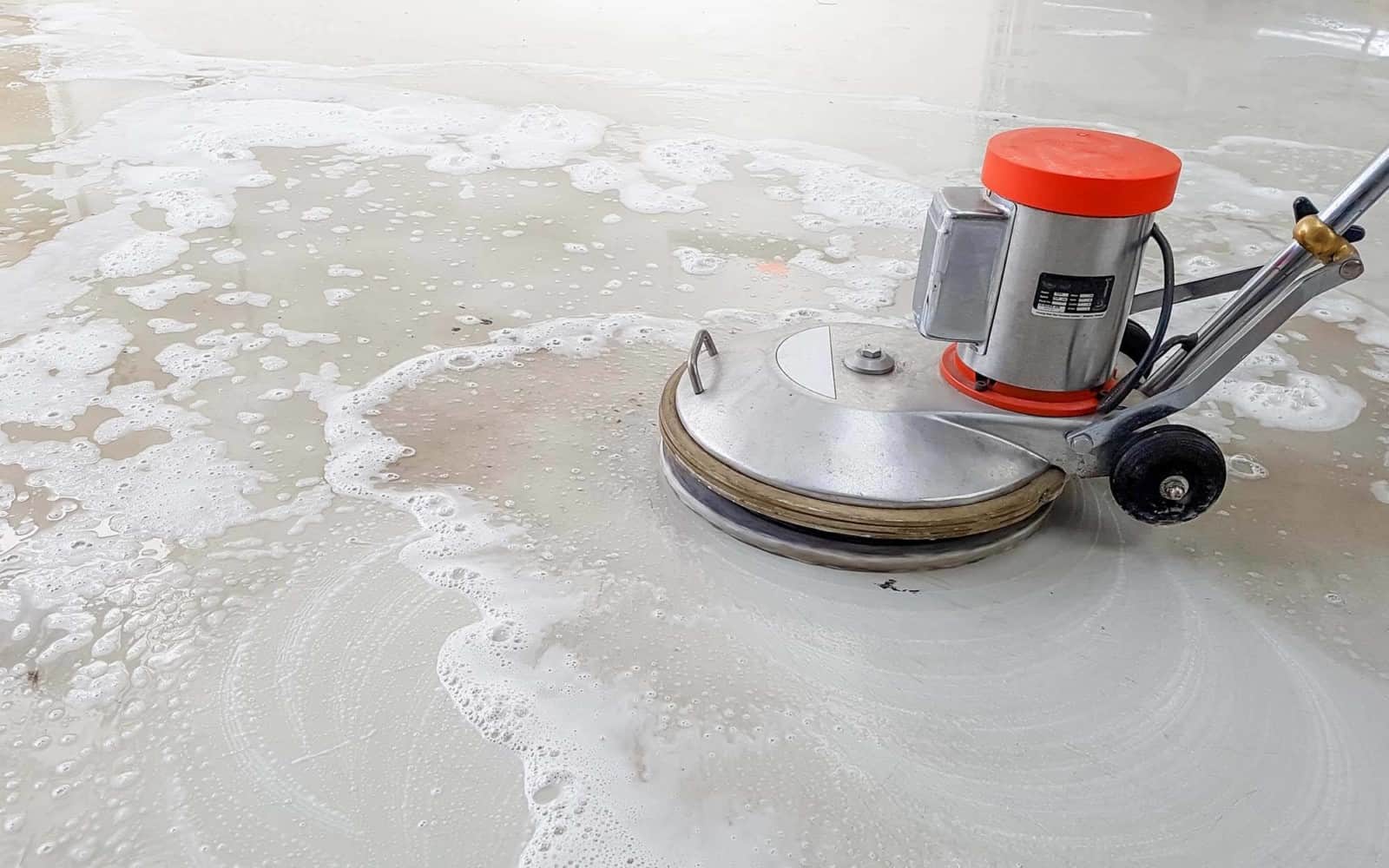
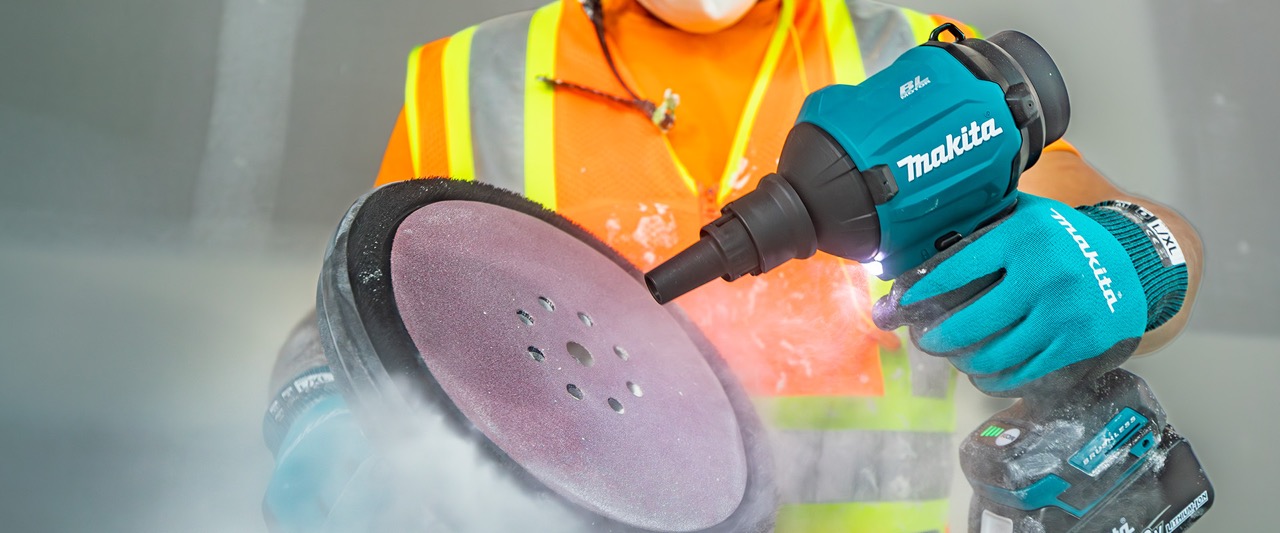
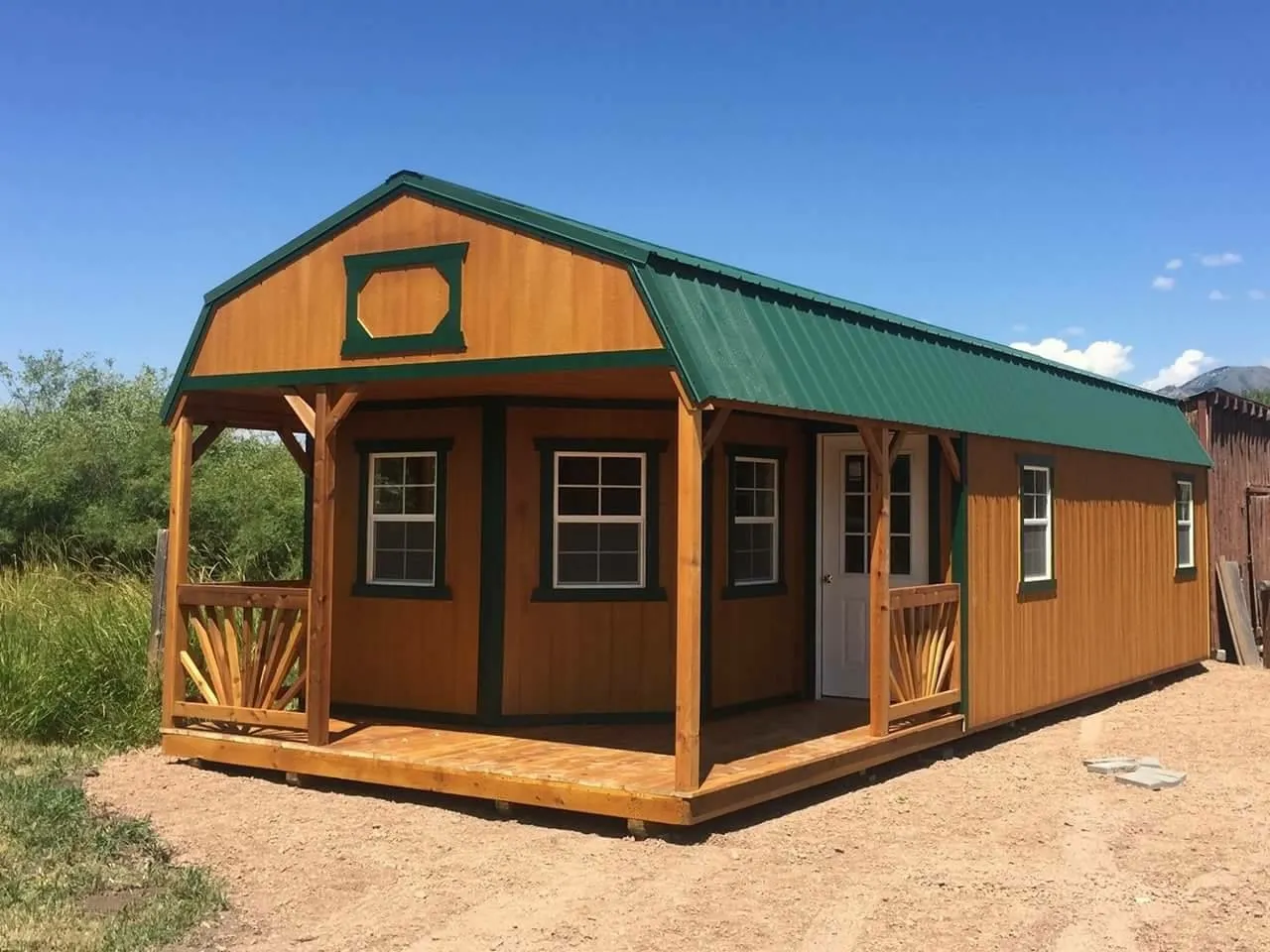
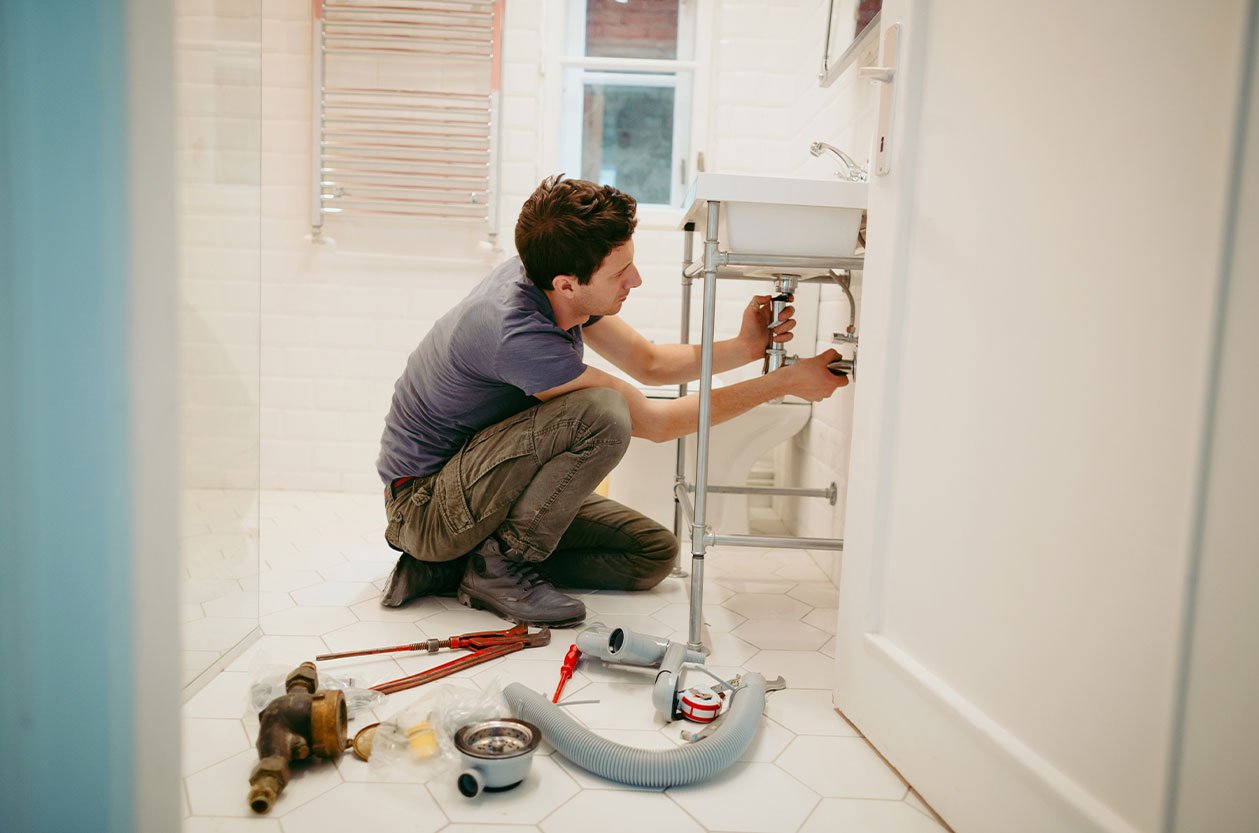
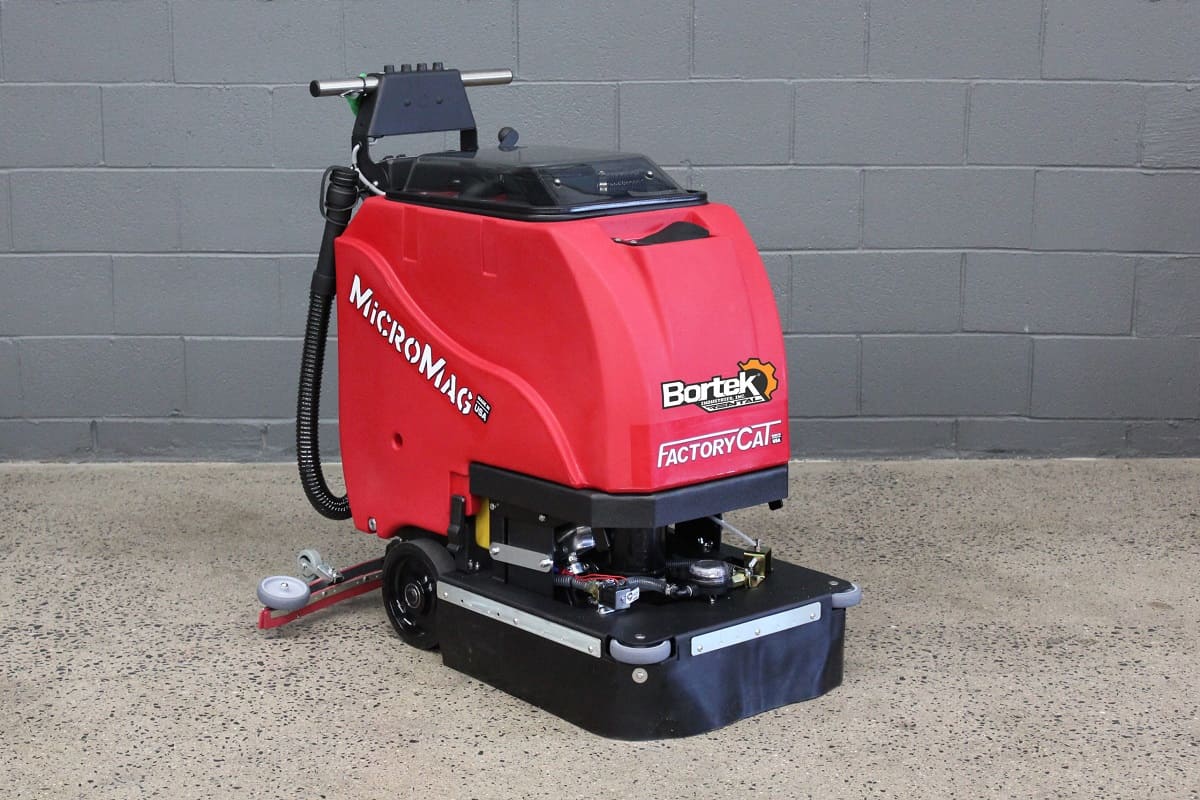

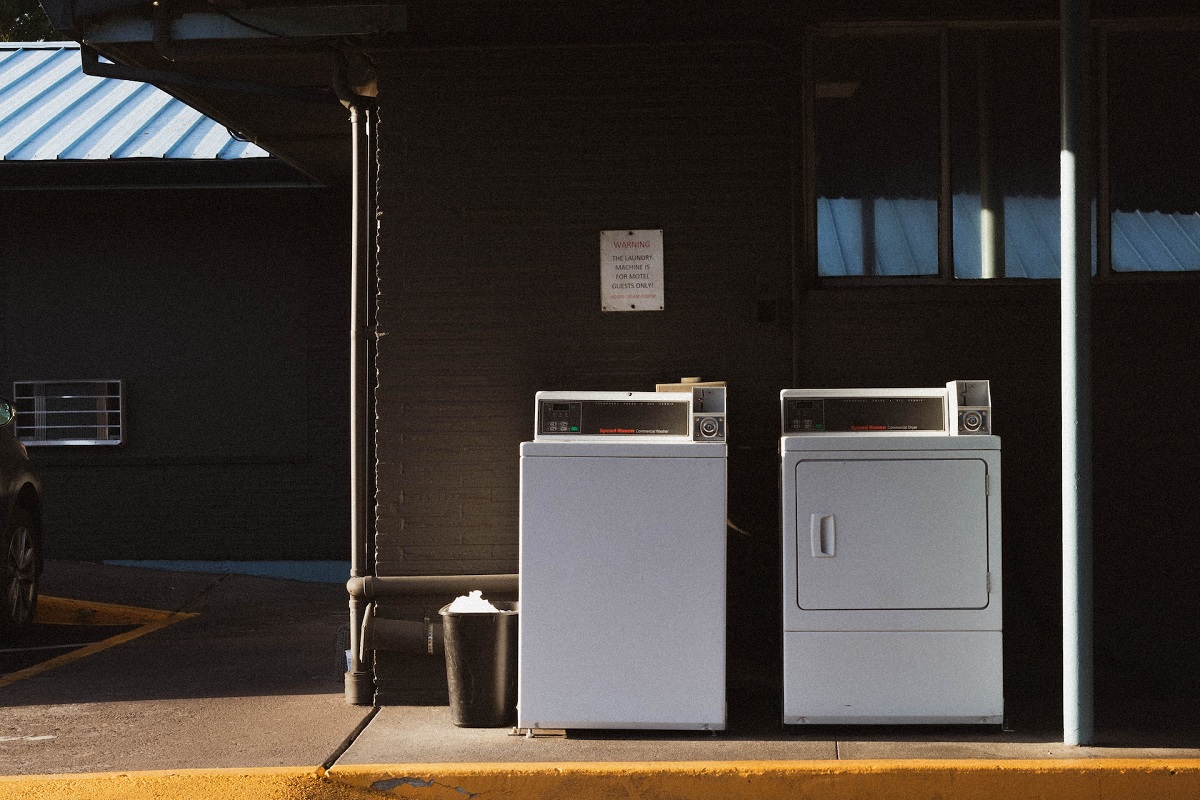
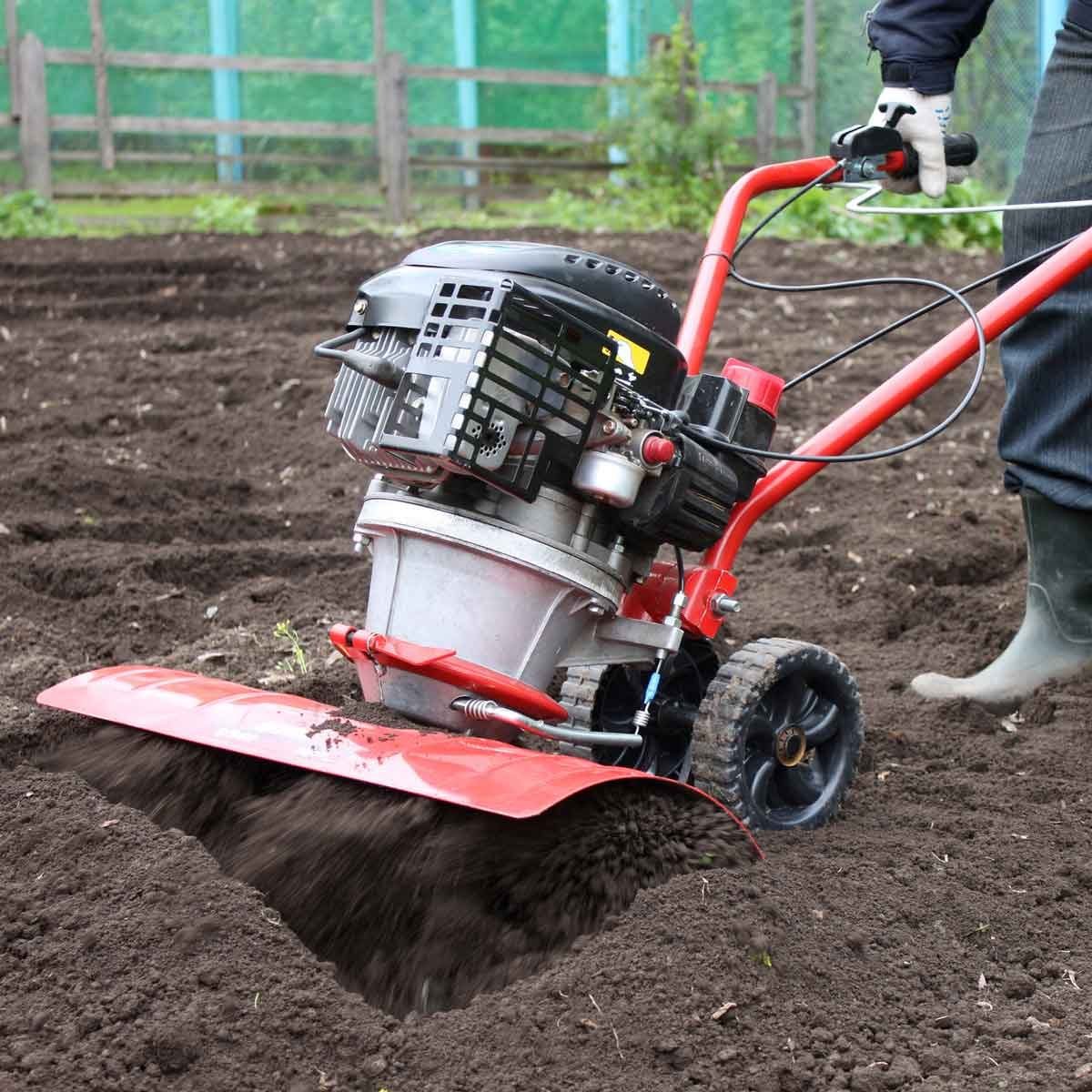
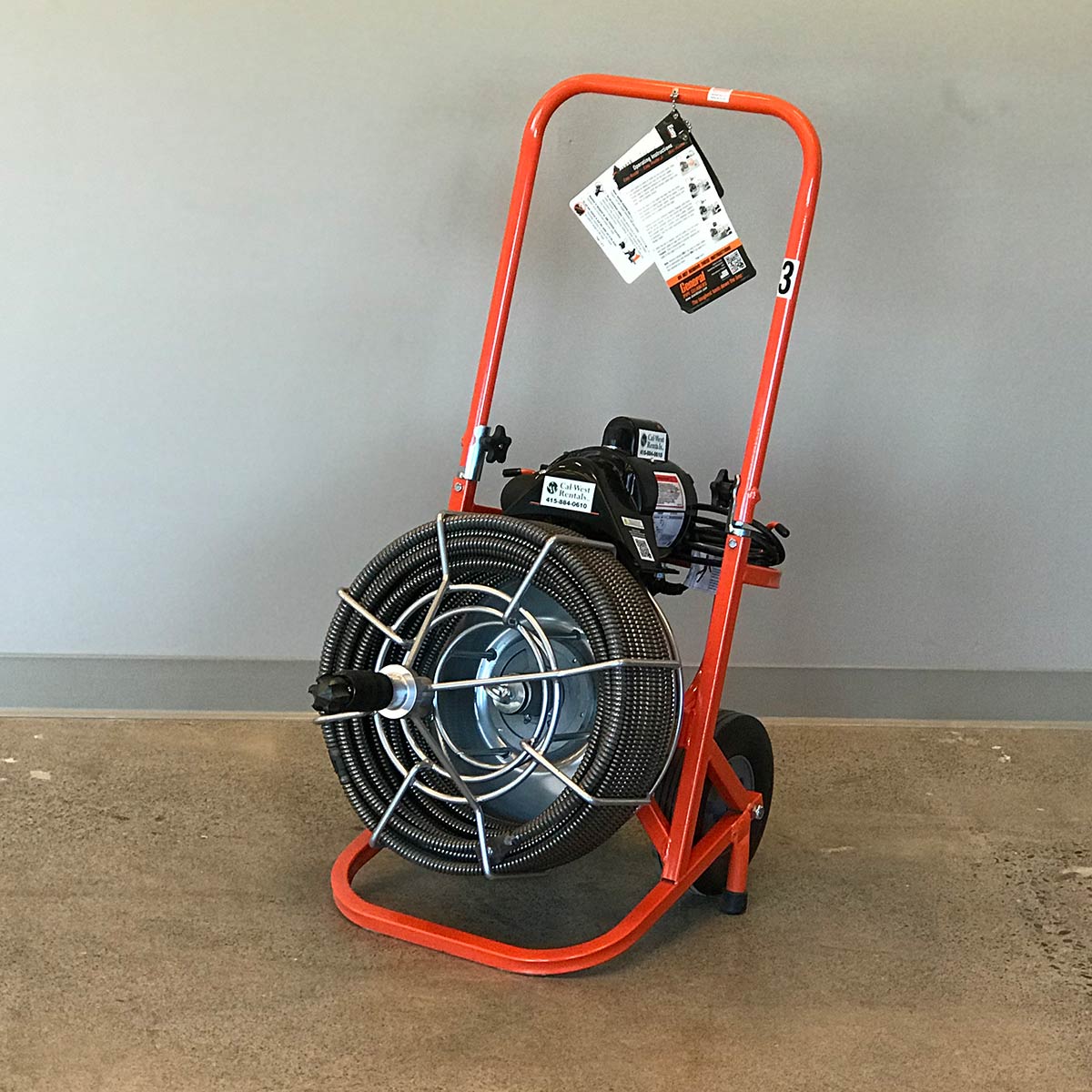
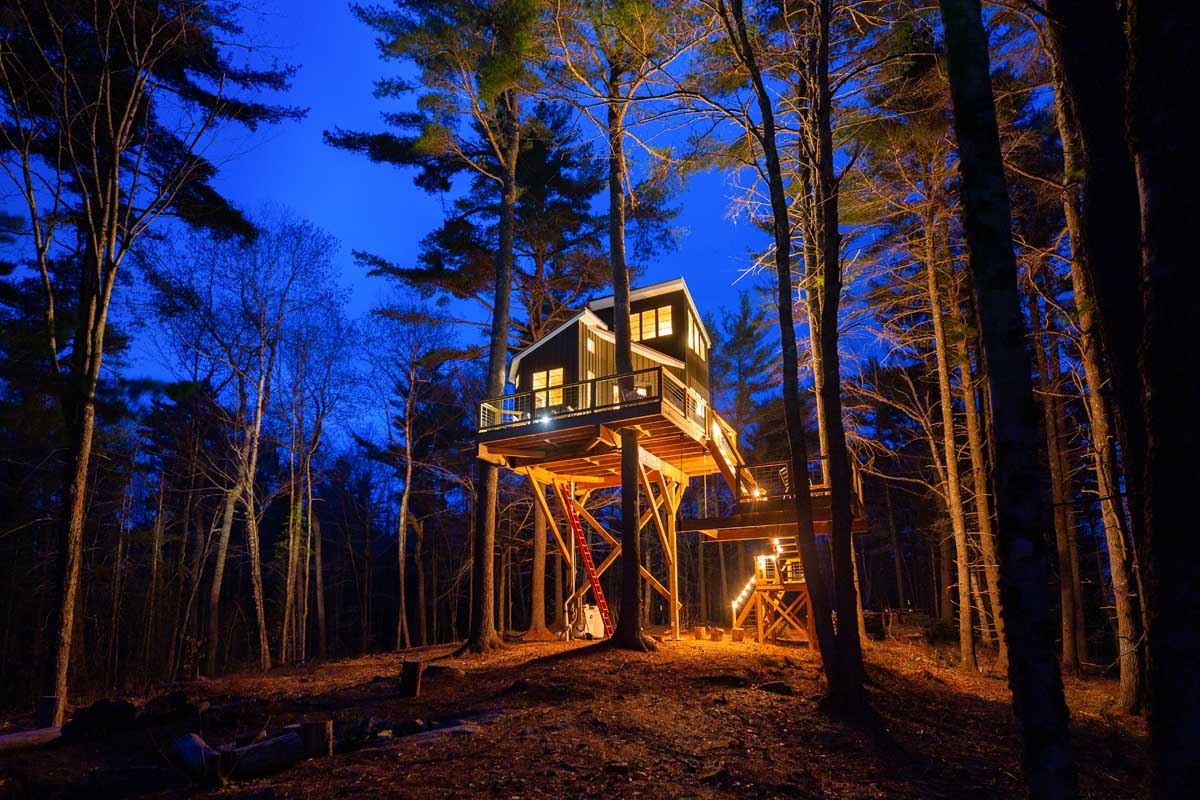


0 thoughts on “How To Rent Construction Equipment”